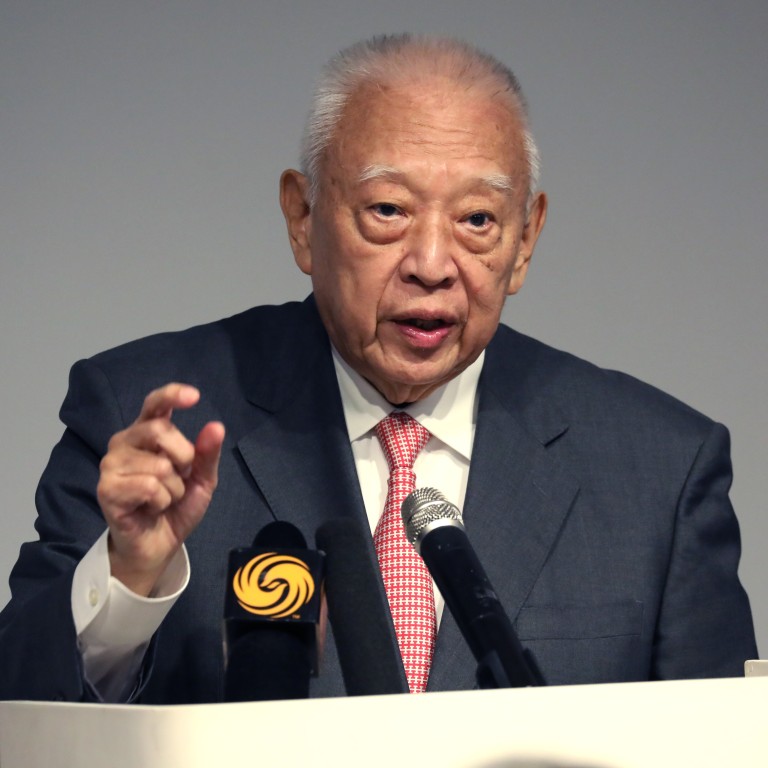
Letters | No, Hong Kong’s problems were not created by liberal studies: but unaccountable officials may have played a role
- Tung Chee-hwa blames the liberal studies curriculum his administration introduced for the discontent of young people today. He would do better to fault another failed programme he started
It was introduced in good faith, but there is no doubt that it floundered. Finding capable people from outside the civil service willing to serve in the administration has proven extremely difficult. The promise of “an open, enlightened and progressive government” has become a bad joke, as civil servants are promoted above their capabilities and have only succeeded in establishing another layer of bureaucracy.
Decision-making is pushed down the pyramid, from bureau to department to district. It is no wonder that Hong Kong has lost its dynamism. With this vacuum for decision-making, it is the tycoons, vested interests and paid consultants who have been calling the shots. A most obvious shortcoming of the accountability system is that no minister has resigned to take responsibility since 2003. No one is accountable.
In a functioning ministerial system, our secretary for justice and the secretary for security would have already resigned to take responsibility for the extradition bill fiasco. In these “unaccountable” circumstances, it is no wonder that youths have become inflamed: and not just youths.
I.M. Wright, Happy Valley
If the bill is really dead, why not withdraw it?
Helen Cheung, Ho Man Tin

